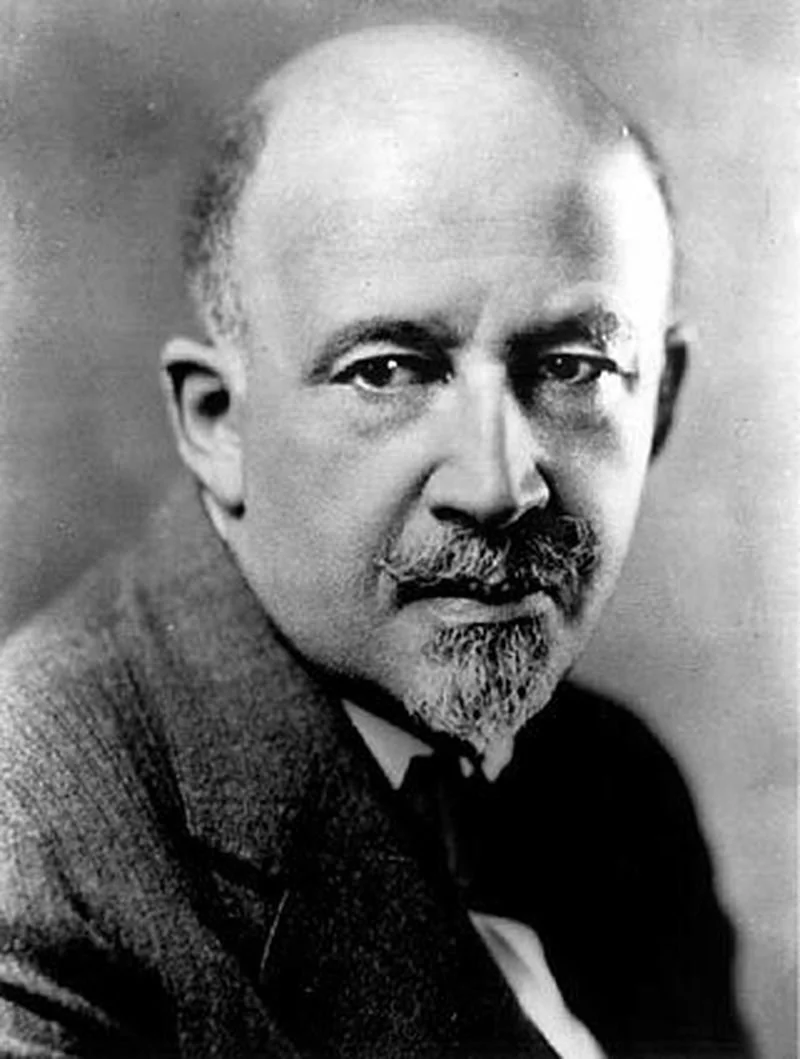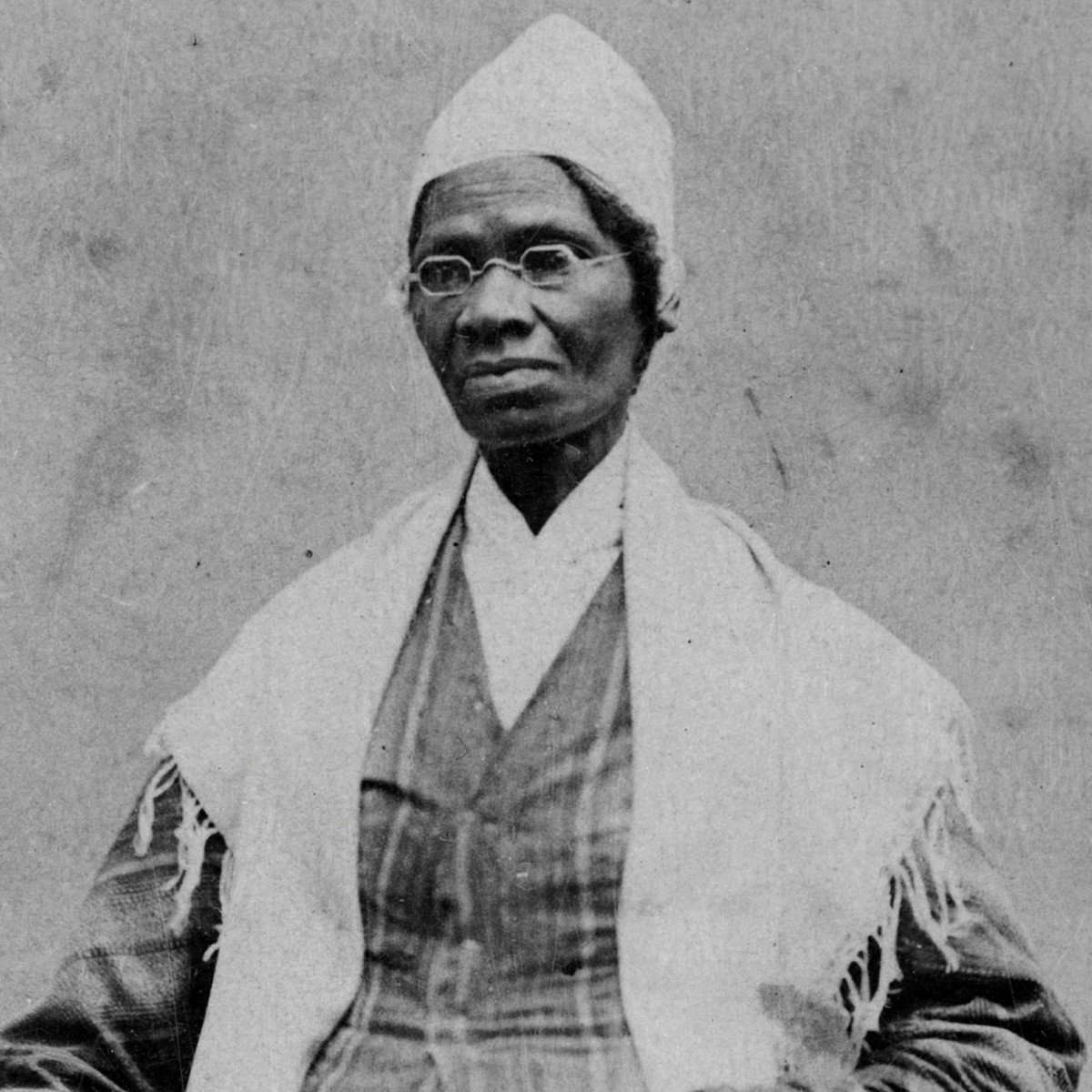W.E.B. DuBois
William Edward Burghardt DuBois 1868 - 1963
W.E.B. DuBois was a renowned sociologist, an activist, an advocate, and a scholar. After earning his bachelor’s degree from Fisk University (a prominent HBCU in Nashville, Tennessee), in 1895, DuBois became the first Black American to earn a Ph.D. from Harvard. DuBois is best known for serving as founder of the most important equal rights organization in the history of this country, the NAACP. But his legacy includes the publication of Black literature’s seminal text “Souls of Black Folk.” In this collection of essays, DuBois describes life after the Civil War, with a keen focus on the southern states. DuBois brought to life Black society and ideals of freedom using poetry (to introduce new essays) and clear prose. DuBois was highly conscious of the need for historical perspective and made sure to include that as part of the record in this text.
In addition to founding the NAACP, for over twenty years DuBois served as editor of “The Crisis,” the NAACP’s magazine. Through the pages of The Crisis, DuBois was able to extend the reach of his inspirational equality message to Black citizens nationwide. His influence through literature over the Black community is incalculable.
DuBois is responsible for founding another organization earlier in the century that was dedicated to the cause of equal rights. This organization, a conglomerate of Black intellectuals fighting for equality, was known as the Niagara Movement. With the aim of achieving civil and political rights for Black Americans, the Niagara Movement actively resisted the threats imposed by the ill-conceived Atlanta Compromise.
Orchestrated by the era’s foremost Black leader, Booker T. Washington, the Atlanta Compromise functioned as a tacit acceptance of the indignities of racial oppression, in exchange for a few basic human rights. The Atlanta Compromise represented one of the major chasms between Booker T. Washington and DuBois.
DuBois died a Ghanaian resident and citizen. His anti war activism in addition to his support of socialism made DuBois a target of the F.B.I. This targeting included a refusal to renew DuBois’ passport by the U.S. Government. After holding his passport for nearly ten years, the U.S. Government denied DuBois a renewal which prompted his eventual departure for the west African nation of Ghana.
W.E.B. DuBois should be remembered as a resistance leader. He did not advocate for passivity and her surmised that due to great racial tension arising from a foundation of unending white supremacy, change was only possible through agitation and protest.

























